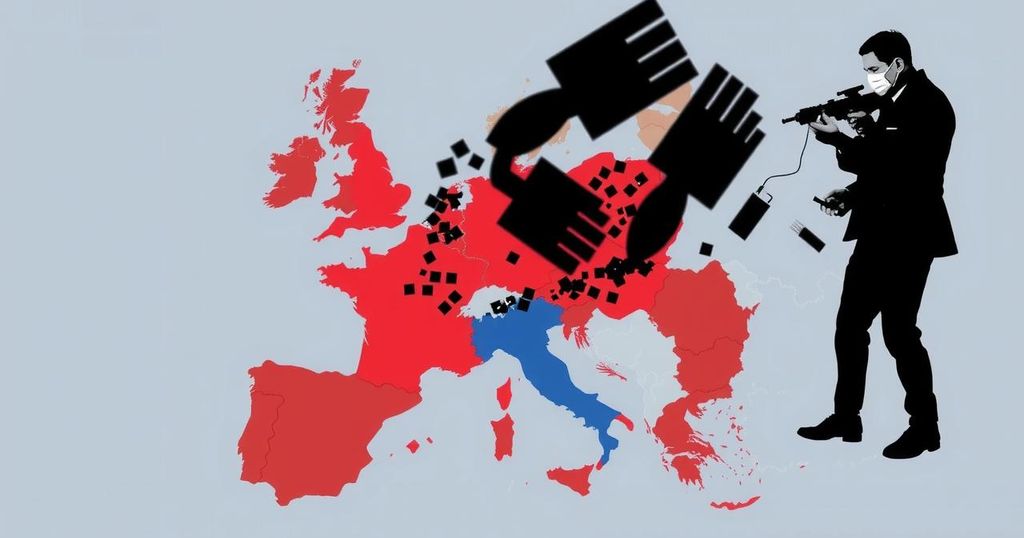Romania’s suspension of its presidential election, allegedly influenced by Russian interference, raises alarm for NATO. Evidence of such interference would mark a significant hybrid attack, compelling a response from the alliance while jeopardizing Romania’s democratic processes.
Alarm bells are reverberating across NATO capitals after Romania suspended its presidential elections, initially expected to be won by Calin Georgescu, a relatively unknown far-right candidate. Allegations have arisen that Russia engaged in a “mass influence operation” aimed at bolstering Georgescu’s campaign. Evidence of this interference would qualify as a hybrid attack, seeking to destabilize NATO from within.
The term “political influence operations” describes tactics that exploit social media to elevate particular candidates. Such operations are notoriously difficult to attribute, complicating defensive measures. However, NATO allies are increasingly focused on identifying Russian attempts to meddle in elections, particularly aiming to support candidates with pro-Kremlin sentiments and skepticism toward NATO.
In Romania, the top court’s annulment of the first round of voting has heightened concerns over potential foreign interference. Georgescu, who has been criticized for his anti-NATO stance and admiration for President Putin, attributed his electoral success to a combination of populist messaging and an effective social media strategy, particularly on platforms like TikTok.
Nevertheless, Romanian officials have accused Russia of orchestrating a hybrid attack to amplify Georgescu’s messages. Declassified intelligence documents suggest that he benefited from a systematic influence operation from abroad, raising alarm about the integrity of democratic processes. The Romanian Constitutional Court’s decision to annul the election results adds significant gravity to the situation, as it conceivably undermines domestic democratic processes while responding to external threats.
If evidence of Russian interference is substantiated, it would signal a severe breach of NATO’s security, compelling an unconventional response from the alliance. The implications of such actions would resonate beyond Romania, potentially reshaping electoral integrity and alliances across Europe.
The backdrop to this situation involves NATO’s growing concern over hybrid warfare tactics employed by Russia, which include information warfare aimed at manipulating electoral outcomes within member states. Political influence operations are particularly troubling as they blur the lines of traditional warfare, complicating responses. Romania’s recent events reflect a troubling trend where foreign entities may seek to undermine democratic elections through covert operations, which NATO is keen to counter.
The unfolding situation in Romania underscores significant vulnerabilities within NATO to hybrid attacks, particularly through election interference instigated by Russia. With recent court rulings annulled due to alleged foreign meddling, the integrity of democratic institutions is at stake. This episode serves as a critical reminder for NATO member states to bolster defenses against such unconventional threats, ensuring robust electoral integrity.
Original Source: news.sky.com







